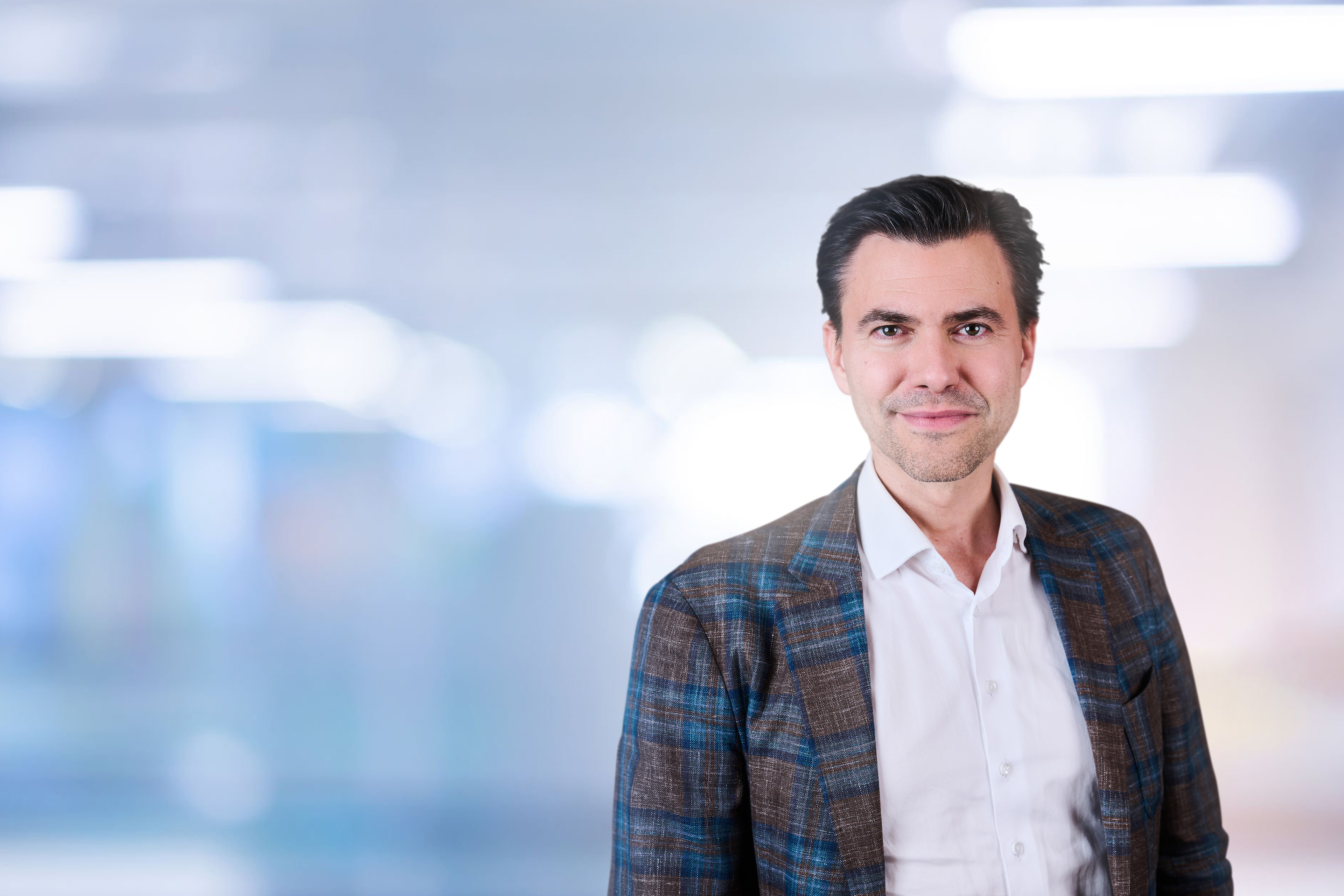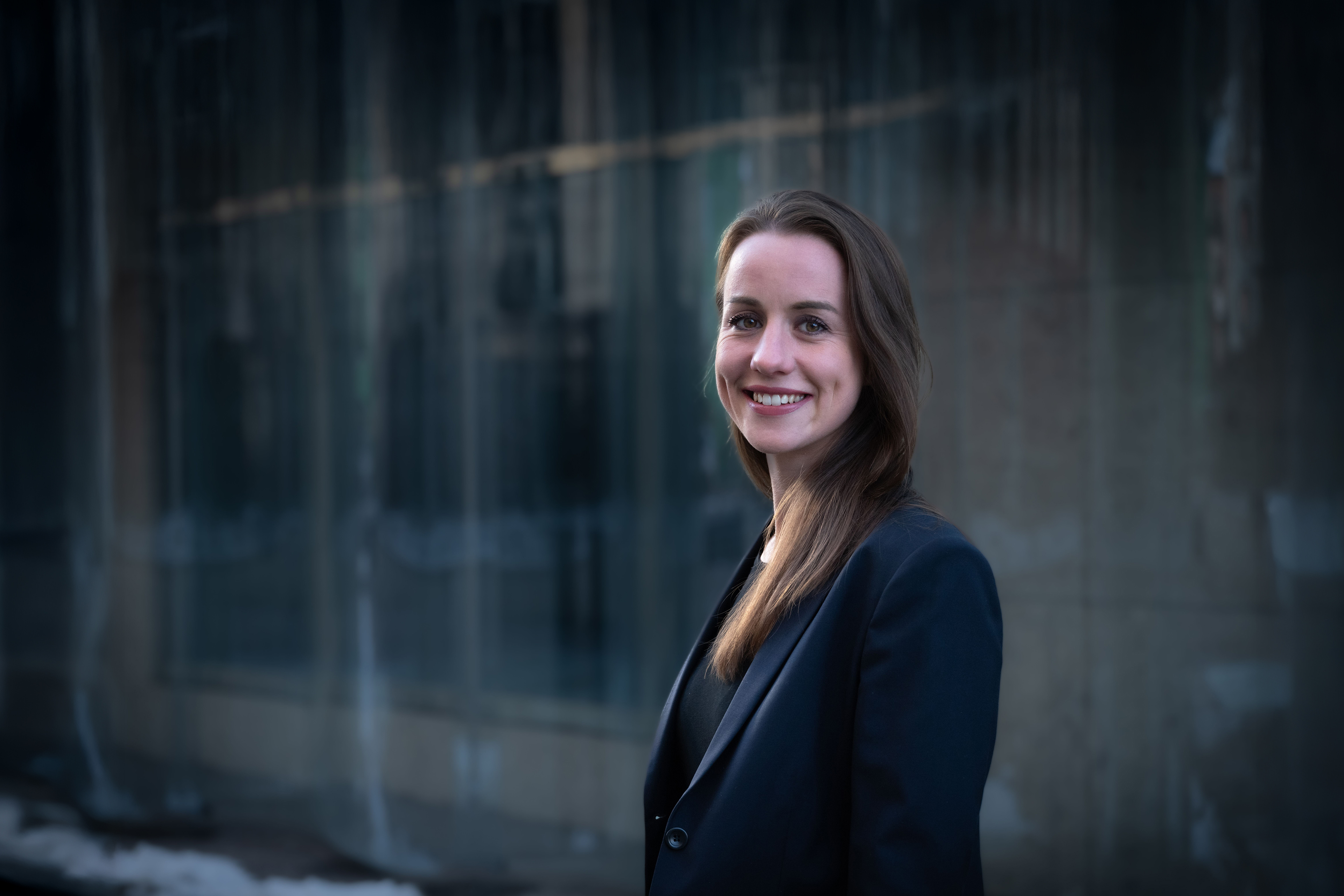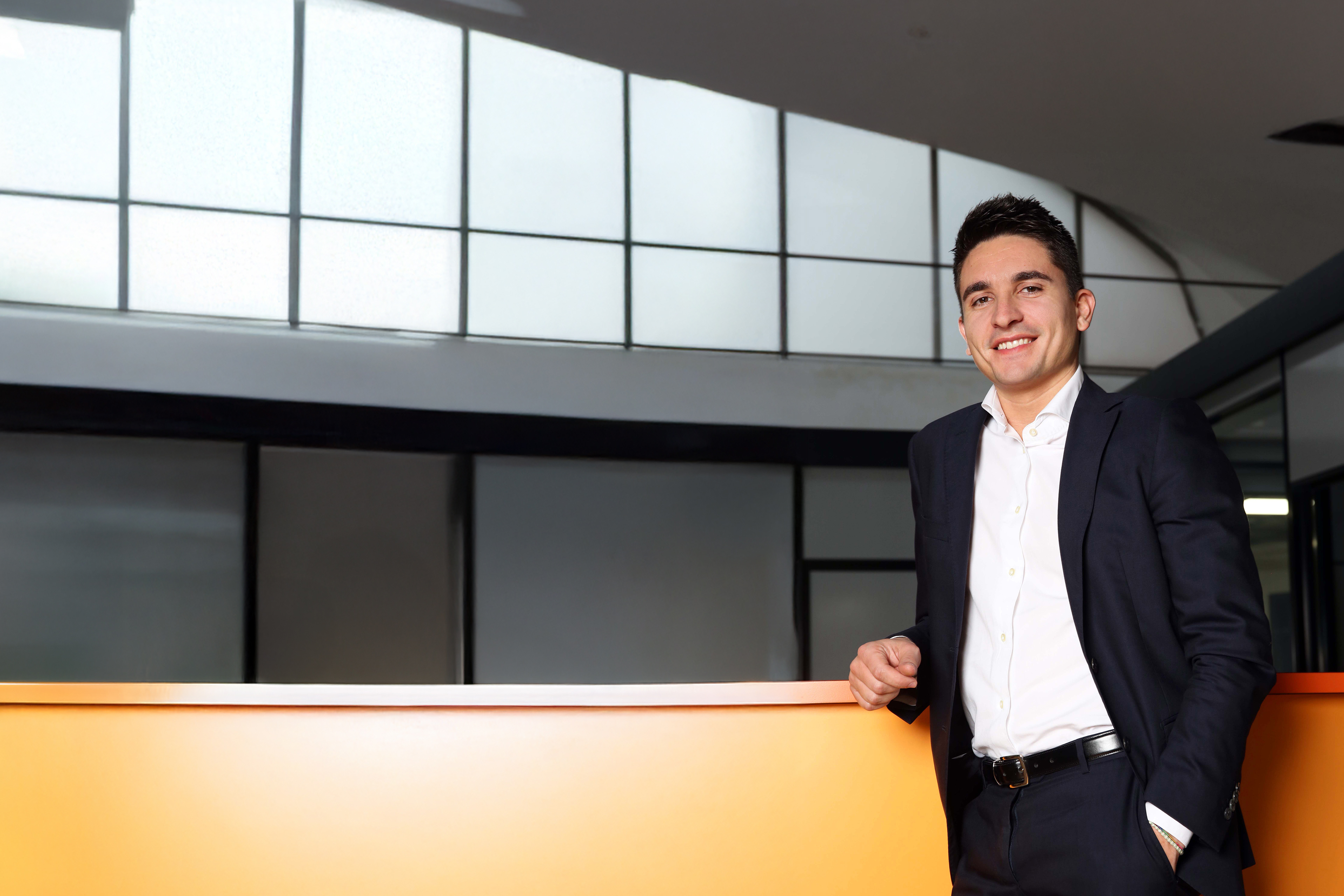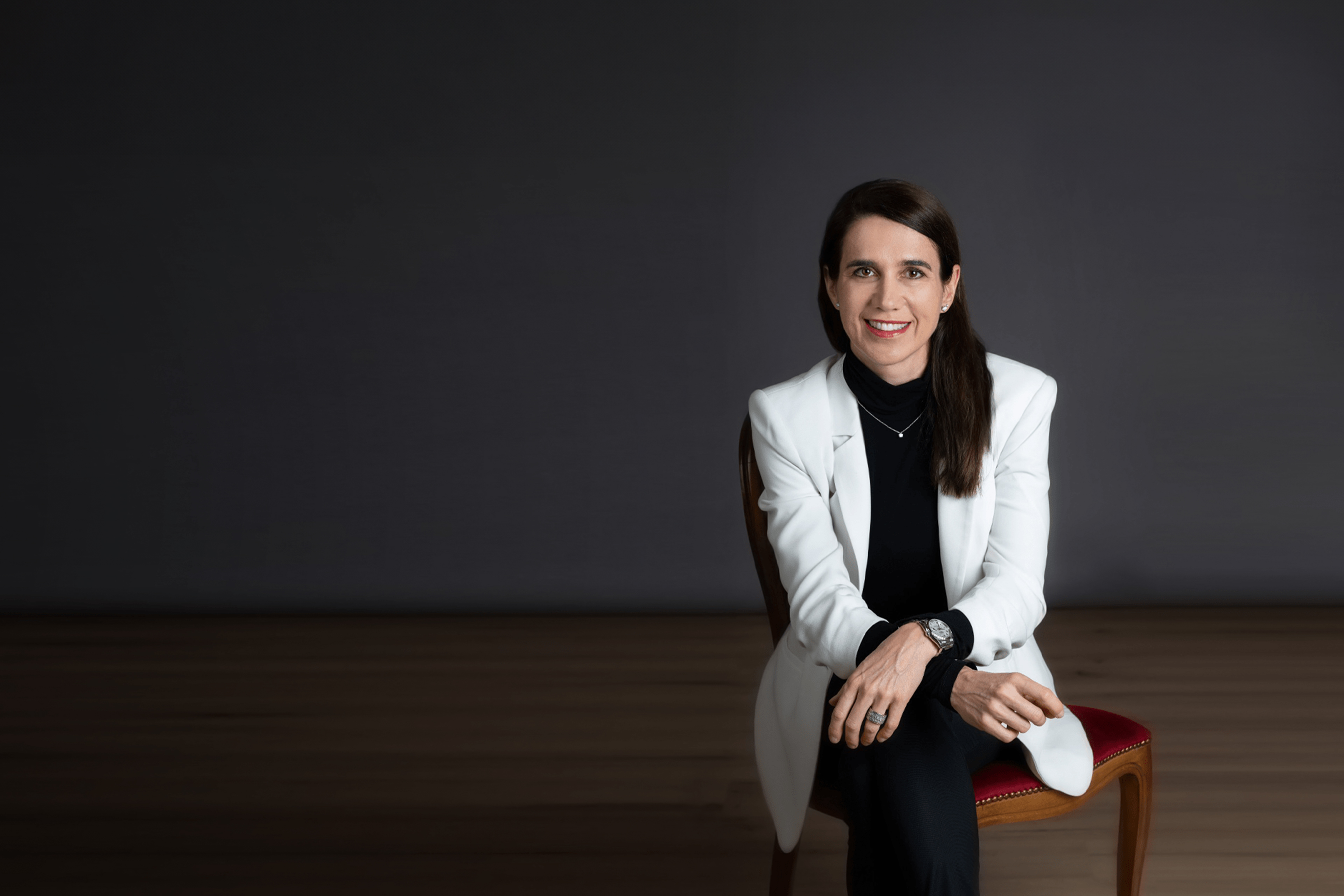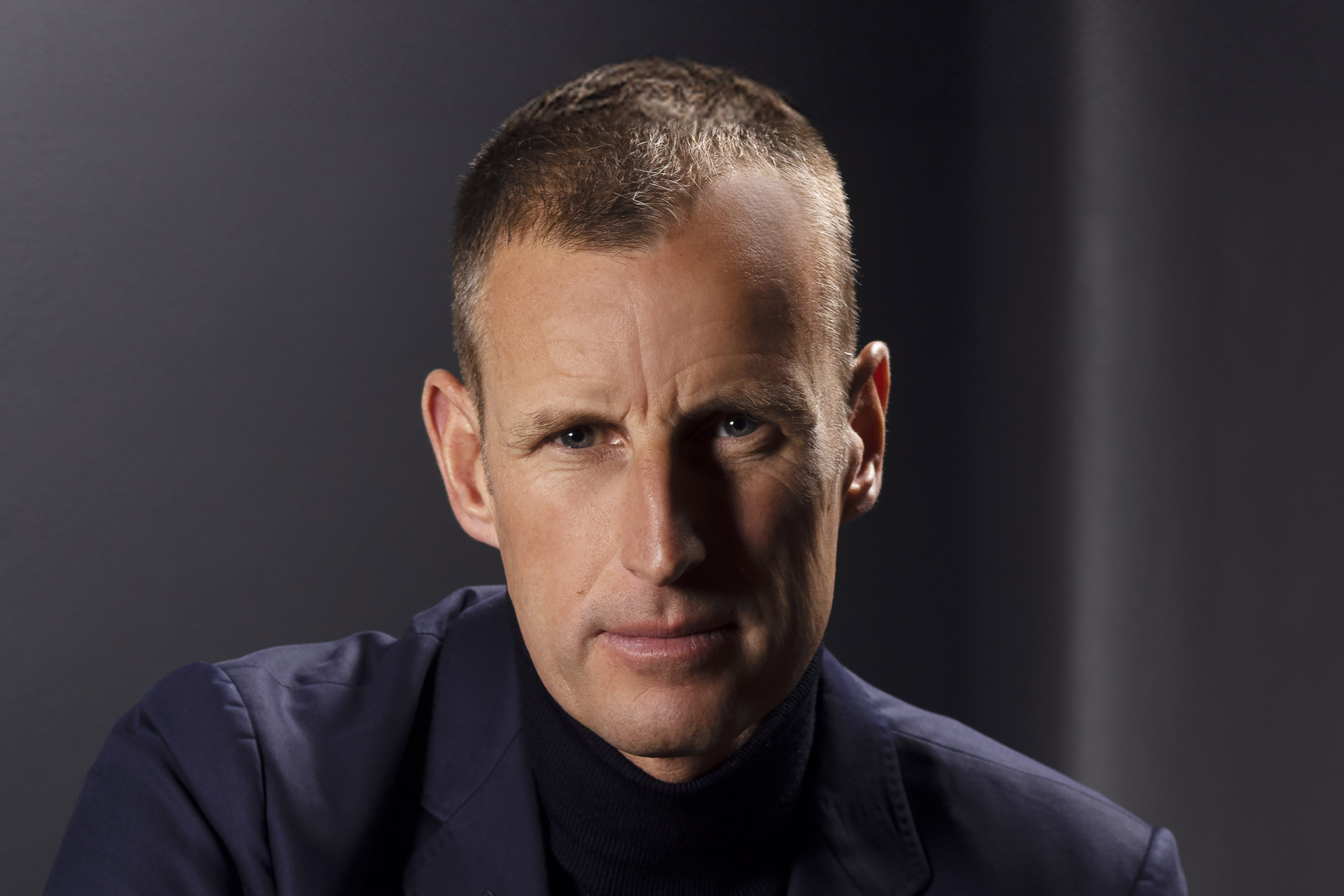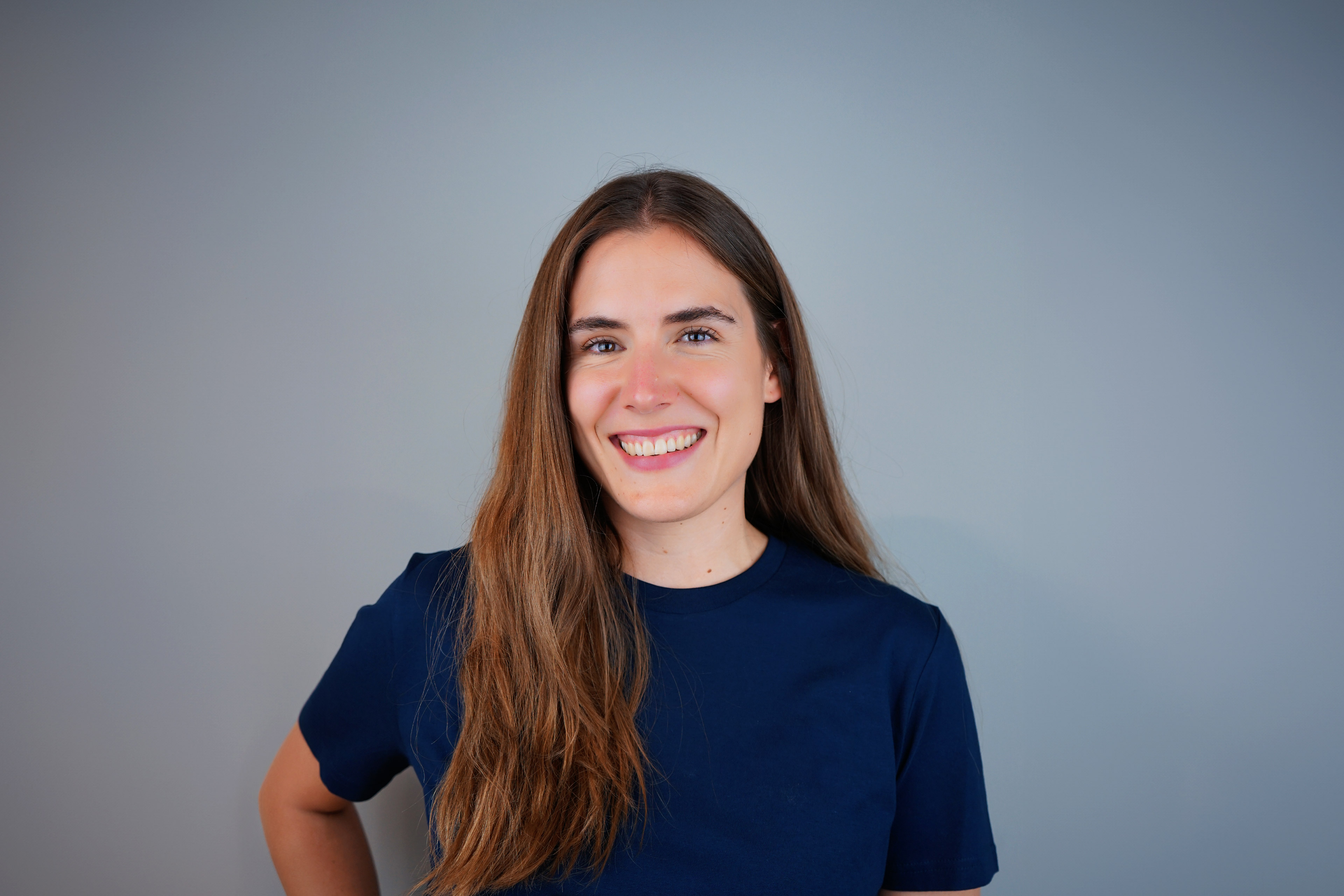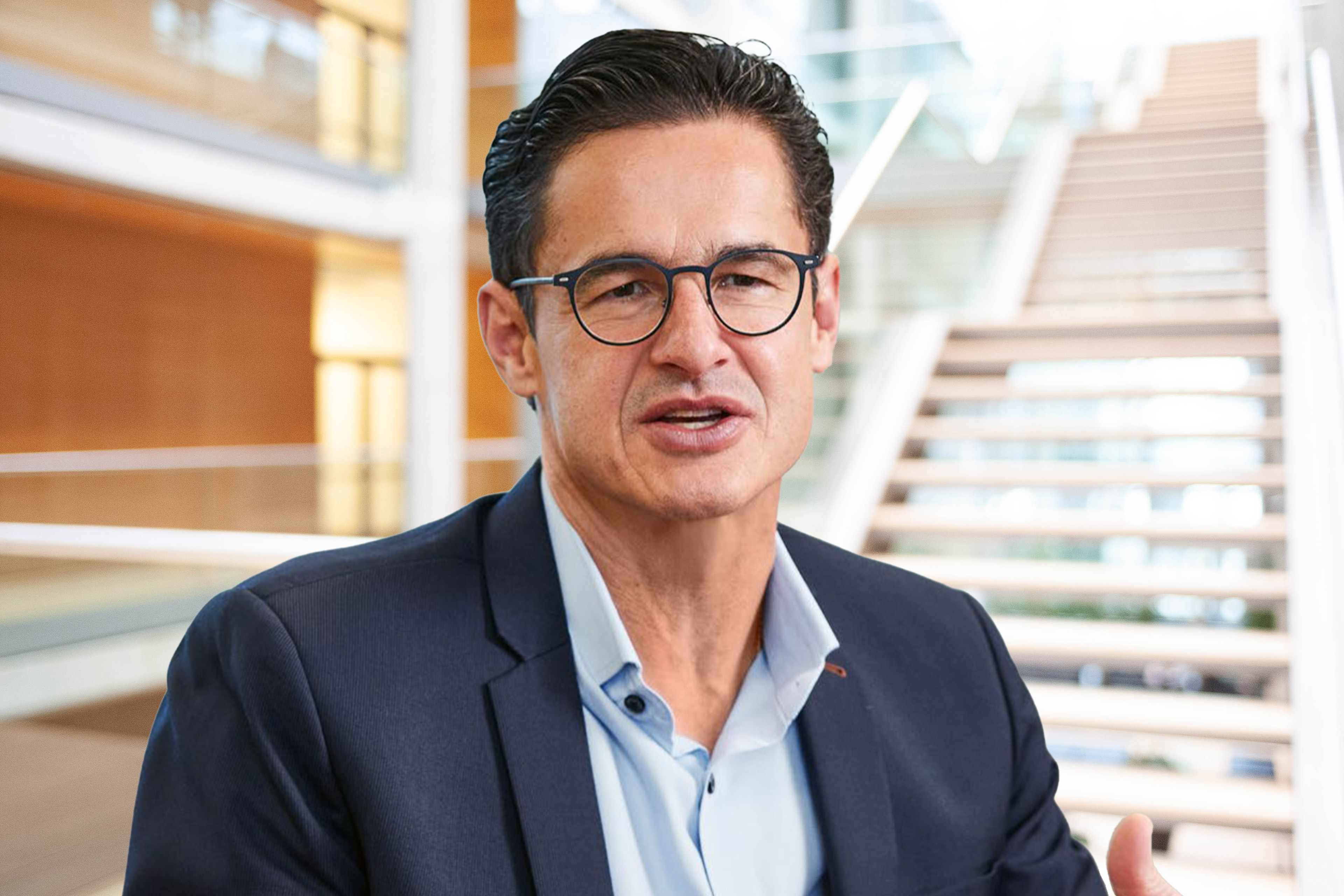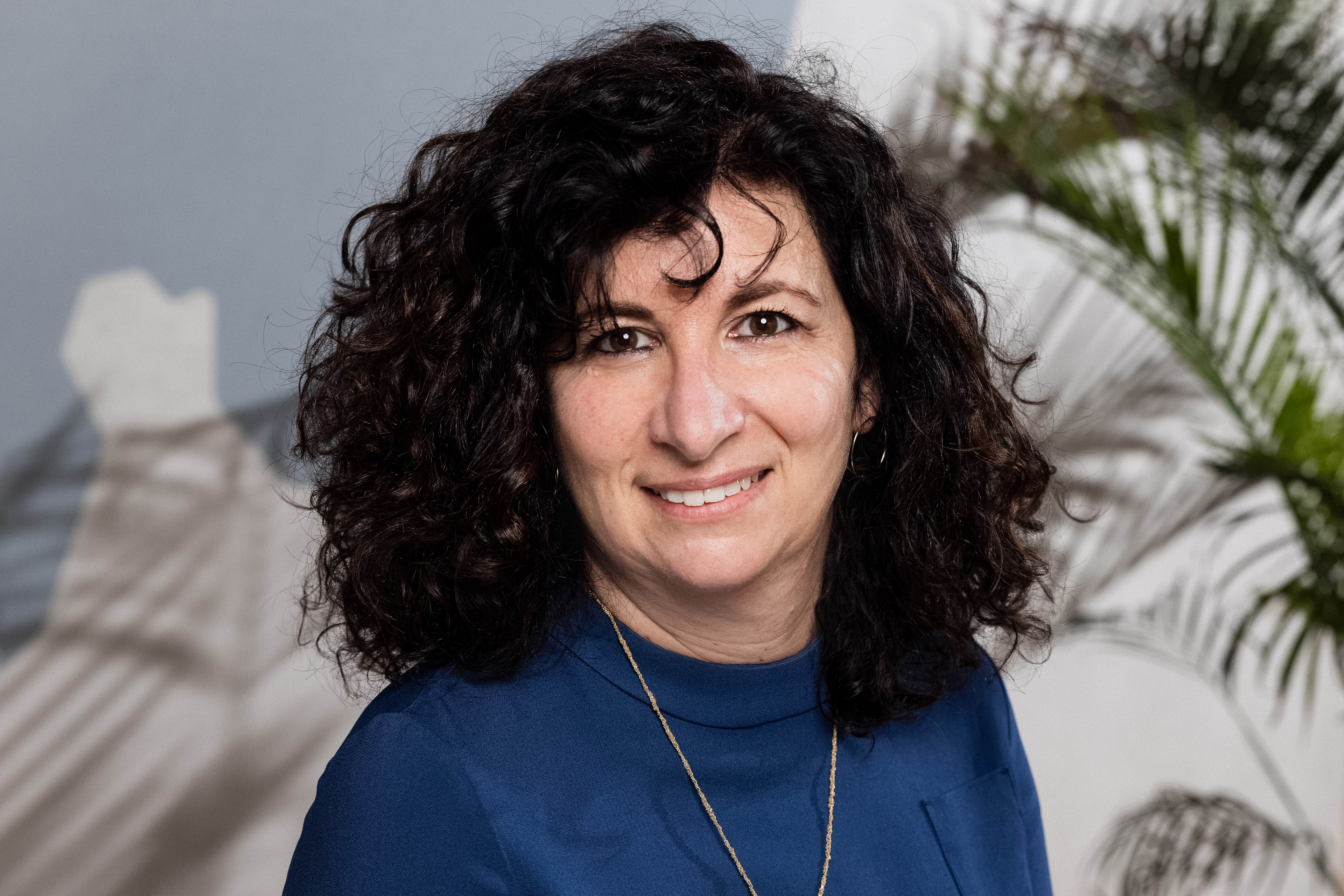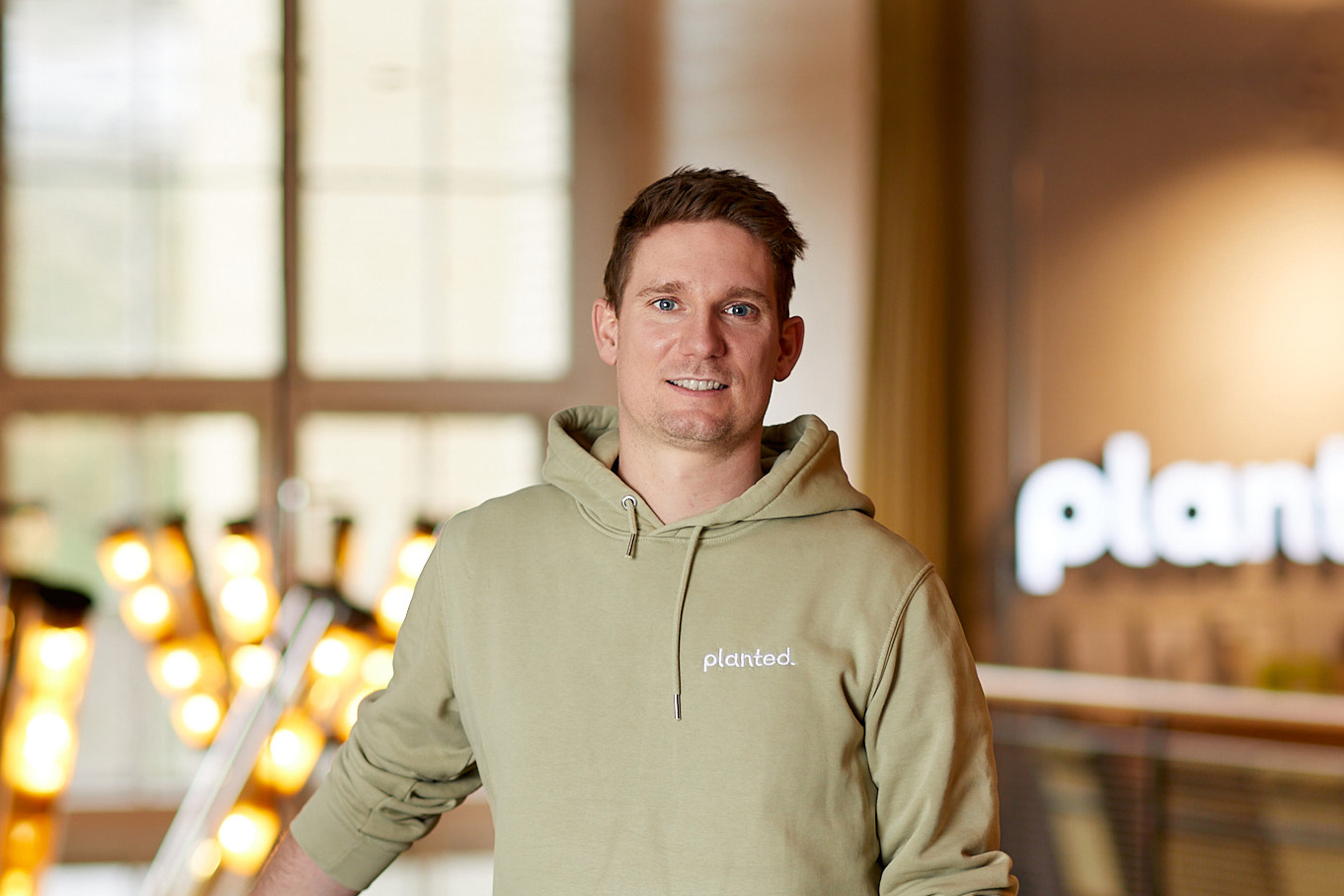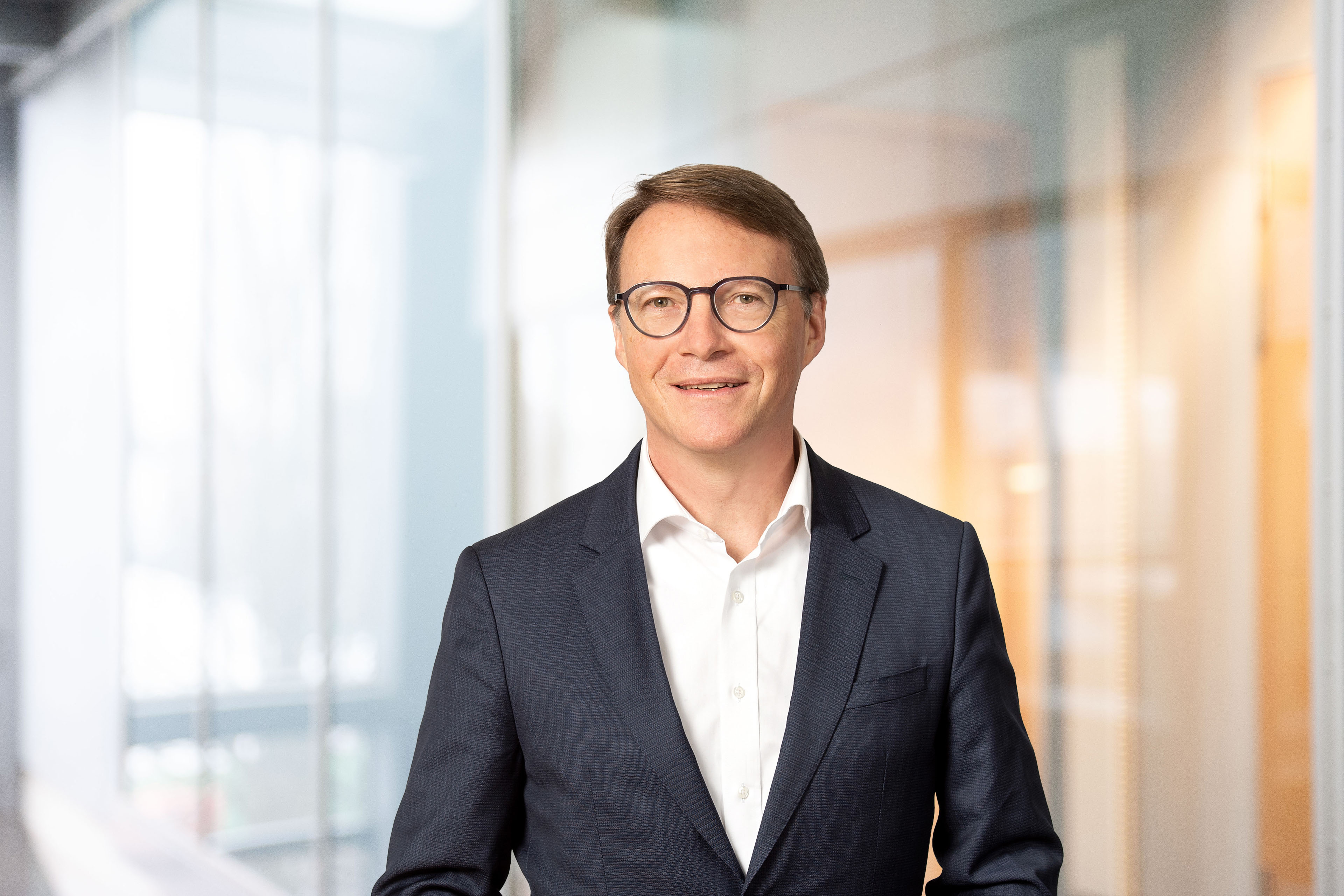EY refers to the global organization, and may refer to one or more, of the member firms of Ernst & Young Limited, each of which is a separate legal entity. Ernst & Young Limited is a Swiss company with registered seats in Switzerland providing services to clients in Switzerland.

“If you can trust that the technology won’t harm you, then you’ll adopt it.
Gabriele Mazzini
Gabriele Mazzini is a research associate at MIT Media Lab, an interdisciplinary creative playground rooted squarely in academic rigor, and a sought-after speaker, lecturer and advisor on AI governance and regulation across the world. During seven years in tech policy at the European Commission, he was the architect and lead author of the EU’s Artificial Intelligence Act. Previously, while based in New York he was Associate General Counsel at the Millennium Villages Project, an initiative pioneering science and technology-based interventions to alleviate extreme poverty, and helped advise startups on emergency communications and smart energy. He also served in the European Parliament and the European Court of Justice. Mazzini holds law degrees from Harvard Law School, the University of Pavia and the Catholic University of Milan.
Gabriele Mazzini, lead author of the EU Artificial Intelligence Act, explains how regulation can support innovation and discusses fundamental questions about how humans will thrive in the AI era.
How would you explain the EU Artificial Intelligence Act in simple terms?
The EU AI Act is the world’s first comprehensive legislation on AI. It was born out of the intention to enable innovation in Europe by creating mechanisms for trustworthiness. This is essentially about making sure that AI employed in sensitive areas has been certified – before any damage is done. That’s the fundamental idea behind the EU AI Act. The project objective has always been to empower innovation because if you can trust that the technology won’t harm you, then you’ll adopt it.
What motivated you to take on the role of lead author of the EU AI Act?
I think it was a combination of factors, including really strong motivation on my part. I essentially grew into the role. When I joined the Commission in 2017, I was determined to work at the intersection of technology, policy and law. Back then, AI wasn’t even a buzzword yet. But I witnessed first-hand how technology can help solve some of the societal challenges in developing countries. So I wanted to work on the policy-making side of tech. I was very driven to make an impact. When AI started to appear on the radar screen of policy makers, I immediately recognized an opportunity. I spent several months researching intensely and working on a comprehensive paper on the intersection between AI and EU law. When political demand for new AI legislation emerged, I was ready to serve that need.
What does the EU AI Act mean for Switzerland?
For Swiss companies, it means that they have to take European legislation into account if they want to sell AI products in the EU. From a policy angle, it’s an opportunity in the sense that Switzerland gets to watch how the EU AI Act unfolds. What are the benefits, what are the drawbacks? You don’t have to just replicate it exactly. There’s also no time constraint. I see it as an opportunity for all countries who are now reflecting on AI governance to decide whether it’s the right model and to refine their own position based on these insights.
The EU AI Act is an opportunity for all countries who are now reflecting on AI governance to decide whether it’s the right model.
In your view, what’s the most significant challenge facing AI providers today? How do you believe this impacts the development and deployment of AI technologies?
I’d say it depends on the type of provider. Are we talking about big tech companies, SMEs or startups? One of the major challenges is defining relevant use cases. There’s a lot of interest in Gen AI, large language models (LLM) and chat bots right now, but which products will feature them? That’s the first challenge.
The second, for the EU at least, is the regulatory framework. It’s in place but we know it doesn’t cover every detail. How are companies going to respond, what will compliance look like in practice? I anticipate difference between companies. Big (tech) companies have the lawyers, they have the policy advisors and they have also the technical expertise to develop compliant in-house solutions. Then you have SMEs and startups that simply don’t have the resources. So the regulatory burden is likely to be more manageable for certain companies than others.
What would you say are the most promising ways in which AI can benefit society?
When I think about the bigger benefits of AI for more developed economies like in Switzerland, I think we could certainly enjoy major efficiency gains. Things will get faster and, maybe, better. I also think AI will definitely help improve public services.
Personally, I believe the greater gains are to be had in less developed economies. Many lack the resources to adequately meet basic human needs like healthcare or education. I think AI shows a lot of promise in delivering knowledge and expertise in these areas. Of course, there are a lot of complex issues to solve, but I’m quite excited about the potential.
Personally, I believe the greater gains are to be had in less developed economies.
How can organizations and governments work together to improve AI’s positive impact?
I think collaboration is essential. Policy makers don’t have innate knowledge, especially when it comes to new technologies like AI. So the driver of technology is the private, not public, sector. Constant exchange between stakeholders is key to making sure that information flows and governments really increase their expertise. It’s important to know what’s happening out there but also to be able to filter that information knowledgably.
The job of the policy makers is to have a broader view about society. You want to encourage innovation, productivity and growth. But at the same time you also need to factor in other dimensions. For that, you need to have your own understanding of the potential opportunities and risks of the technology. One last aspect that I would emphasize is the importance of comprehensive and holistic dialogue because not all companies and stakeholders end up having the same direct access to the policy makers for a variety of reasons.
Policy makers don’t have innate knowledge, especially when it comes to new technologies like AI. So the driver of technology is the private, not public, sector.
What specific social challenges do you anticipate as AI increasingly becomes integrated into daily life?
When I think about the social challenges in the tech space, it’s clear to me that they can’t all be solved with a single piece of legislation. For instance, consider the impact of AI on the workforce. As humans, we’ve been used to making an active contribution to society. We want to make a living, but we’re also seeking purpose in life. As AI gets more and more efficient and effective at doing things, it will start replacing some of our work and activities, including that of knowledge workers. I think we are entering a phase where we need to really ask ourselves how this development impacts us as individuals, as people. And I don’t think there is a simple solution as technology is evolving much faster than we as humans can adjust to it. I’m a big proponent of evidence-based policy making that’s based on really understanding the impact and then developing a longer-term strategy.
In a matter of years or even months, it’s likely that we’ll have an even better-performing large language model that can perform even more complex tasks. It raises another fundamental question: how does AI impact our cognitive abilities? We hear a lot of tech companies talking about how AI will not replace – but enhance – human judgement. People will still be at the center. That’s great and something I believe in. At the same time, today we can throw a quick input into a LLM and get a pretty good draft (e.g. an email) that I only need to adjust, if at all. But we have got where we are today, we have developed our cognitive and reasoning skills thanks to a lot of hard work put in school and our educational journey to train a lot our intellectual muscles. I am glad I can save my time today by making my writing more efficient with LLMs, but I am also even more glad that I was originally trained to actually write from scratch in the pre-AI era. We need to think about whether this cognitive capacity is something we want to protect and maintain. Having AI replace many of the tasks we do may be more efficient, but efficiency is not necessarily the priority if you’re looking at what’s good for us as a society.
Efficiency is not necessarily the priority if you’re looking at what’s good for us as a society.
Featured articles and interviews
Julia Wetter-Studinka, Head of Regional Sales Switzerland at SWISS
Julia Wetter-Studinka is Head of Regional Sales Switzerland at Lufthansa Group and a SWISS employee. She joined the Lufthansa Group in 2018, initially as a project manager in distribution and commercial negotiations with Global Distribution Systems.
Andrea Carcano, Co-founder and Chief Product Officer of Nozomi Networks
Andrea Carcano, co-founder and Chief Product Officer of Nozomi Networks, reflects on lessons learned from the global IT outage in July 2024, discusses why the conditions are ripe for generative AI and explains why he is looking to the future with confidence.
Monika Zihlmann, Global Digital Commercial Platforms
Monika Zihlmann, Vice President Global Digital Commercial Platforms at Smith+Nephew, discusses the trends and pressures shaping the medtech industry and explains why now is the time to embrace a multi-channel customer engagement model.
Sebastian Tobler, Co-founder and CEO of GBY SA
Sebastian Tobler is co-founder and CEO of GBY SA, which has developed a new approach for the rehabilitation of people with reduced mobility. An automotive engineer by training and trade, Sebastian Tobler’s life took a new direction when a bike accident left him paralysed. Alongside his entrepreneurial activities, he heads the SCI-Mobility Lab as Professor at the Bern University of Applied Sciences.
Patrick Pruniaux, Chairman & CEO of Sowind Group
Patrick Pruniaux has a background in business administration and began his career in the watch industry at TAG Heuer. Always fascinated by innovation, he joined Apple in 2014 and oversaw the launch of the Apple Watch. Following a move to Kering in 2017, he managed the Ulysse Nardin and Girard-Perregaux watch brands. In 2022, Patrick Pruniaux spearheaded the historic management buyout and now serves as CEO of these two brands within Sowind Group.
Serra Bicak is Senior Vice President Reckitt Africa Middle East at Reckitt Hygiene. She has lived and worked in eight different countries for various roles during her career in fast-moving consumer goods. Serra Bicak is passionate about diversity, equity and inclusion (DE&I) and leads Reckitt Hygiene’s gender balance program.
Judith Häberli, CGO and co-founder of Urban Connect as well as EY Entrepreneur Of The Year™ 2023 Switzerland winner in the category "Emerging Entrepreneur", shares her motivation for starting a corporate mobility platform and explains why real change only happens when companies work together.
Siddhi Mehta, founder and CEO of Rhythm 108, talked to us about sustainability, craftmanship – and how her company combines heritage and innovation to take the Swiss chocolate tradition into the future.
Francisca Obrecht, Weingut Obrecht
Peter Rupp grew up in Sargans, Switzerland, around 20km south of the Hilti headquarters in Liechtenstein. He studied Economics in St. Gallen, then took a post-graduate degree in Engineering in Winterthur.
Peter Rupp grew up in Sargans, Switzerland, around 20km south of the Hilti headquarters in Liechtenstein. He studied Economics in St. Gallen, then took a post-graduate degree in Engineering in Winterthur.
Originally from Naples where she grew up and studied physics, Luciana Vaccaro moved to Switzerland in 1996 to complete a PhD in microengineering at EPFL. She held various positions in research and education at the universities of Neuchâtel and Lausanne before heading the Grant Office at EPFL. In 2013 she took the reins of HES-SO as rector. Last October, Luciana Vaccaro was elected president of the umbrella organization swissuniversities and started in her new position on 1 February.
Christoph Jenny is one of the four co-founders of the start-up Planted and a member of the Executive Board.
Thomas Fürer has served ABB for 22 years, including 14 years in his current role as Group Head of Tax. A Certified Swiss Fiduciary Expert and Certified Swiss Tax Expert, he takes a keen interest in technology and digitalization in the tax function and beyond.



